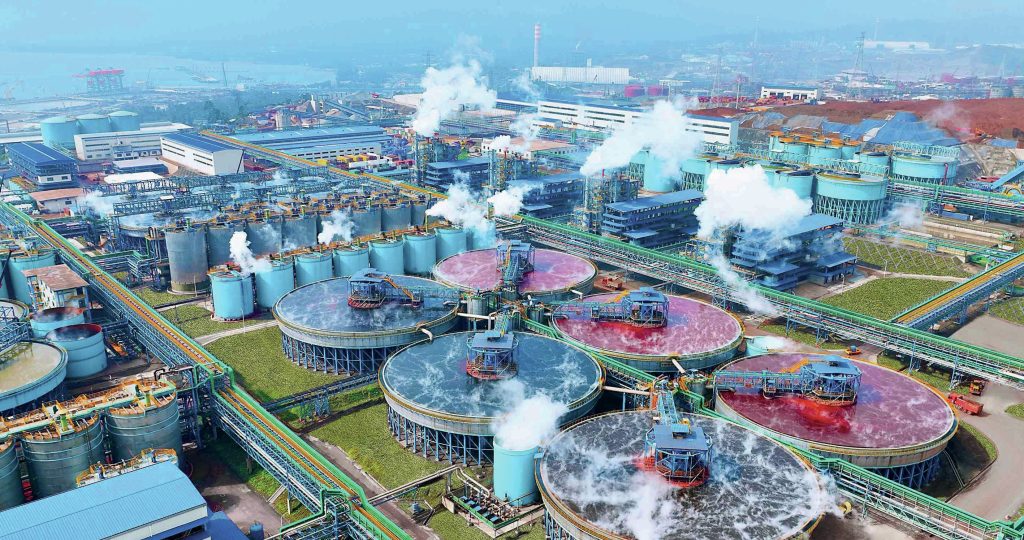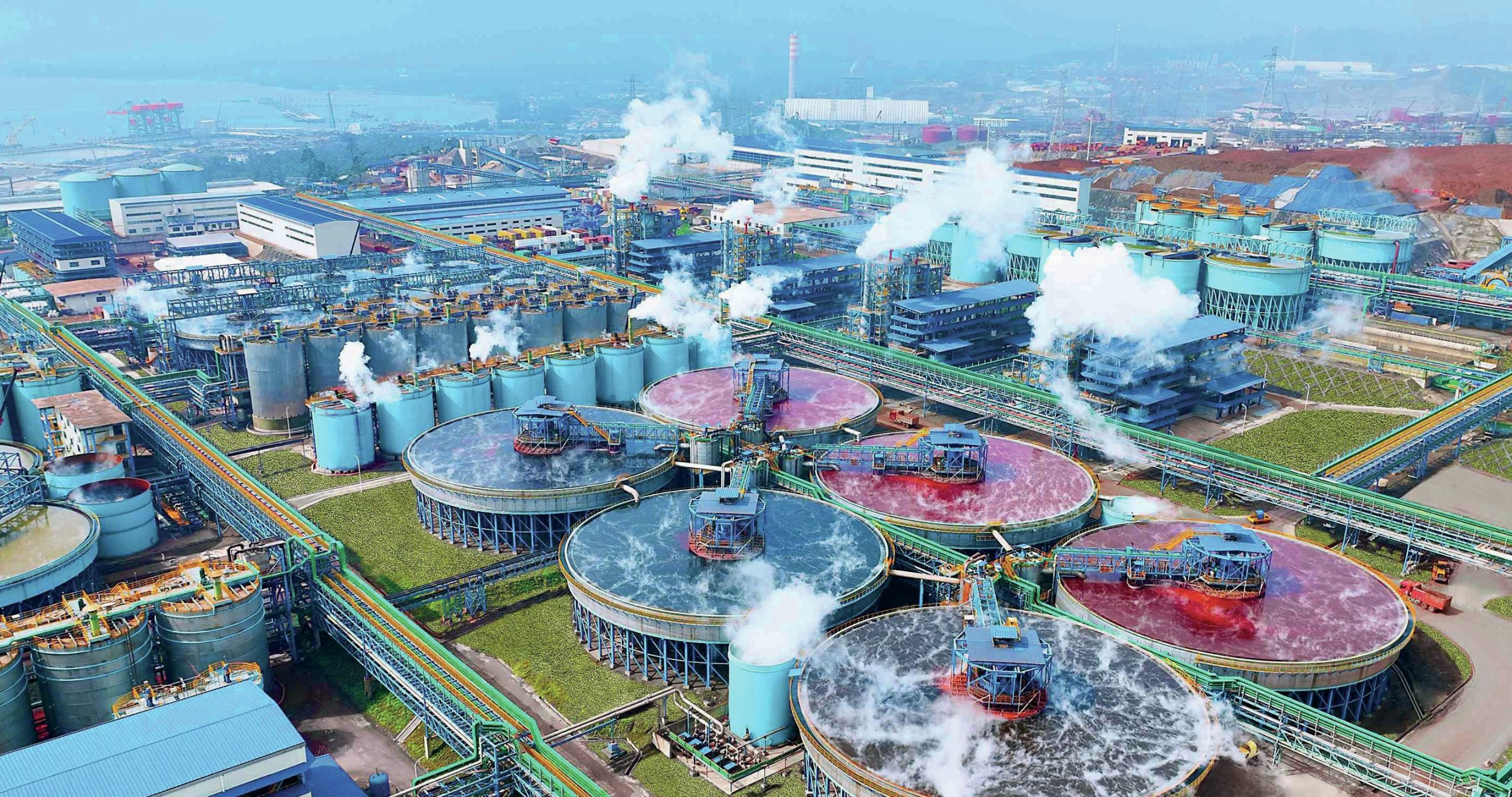Sulphur 417 Mar-Apr 2025

19 March 2025
Merdeka Battery to build new HPAL plant

Indonesian nickel miner Merdeka Battery Materials (MBMA) and partners have signed definitive agreements to construct a high-pressure acid leach (HPAL) plant on the Morowali industrial park, Sulawesi. The unit will have a nameplate capacity of 90,000 t/a of contained nickel in mixed hydroxide precipitate (MHP). PT Sulawesi Nickel Cobalt (SLNC) will construct and operate the plant adjacent to the existing HPAL plant operated by PT Huayue Nickel Cobalt (HNC). SLNC will source and process laterite nickel ore through a 20 year commercial agreement with MBMA’s SCM mine, starting from the commissioning date. An ore preparation plant will be built at the SCM mine to enable ore transportation via pipeline to the SLNC processing plant at IMIP. The total combined investment for constructing SLNC (including interest incurred during construction) is expected to be approximately $1.8 billion according to Merdeka. Construction of the project commenced in January 2025 and is expected to reach commissioning stage within 18 months.
Teddy Oetomo, President Director of MBMA, said: “Expanding our downstream processing capabilities is essential to our strategy for maximising the value of our extensive nickel resources. The SLNC partnership, supported by competitively priced debt financing from leading domestic and regional banks, represents a significant milestone in advancing MBMA’s strategy for producing downstream battery materials. This partnership not only highlights the quality of our company, but also reflects the Indonesian government’s ongoing support for the domestic minerals and processing industry.”





